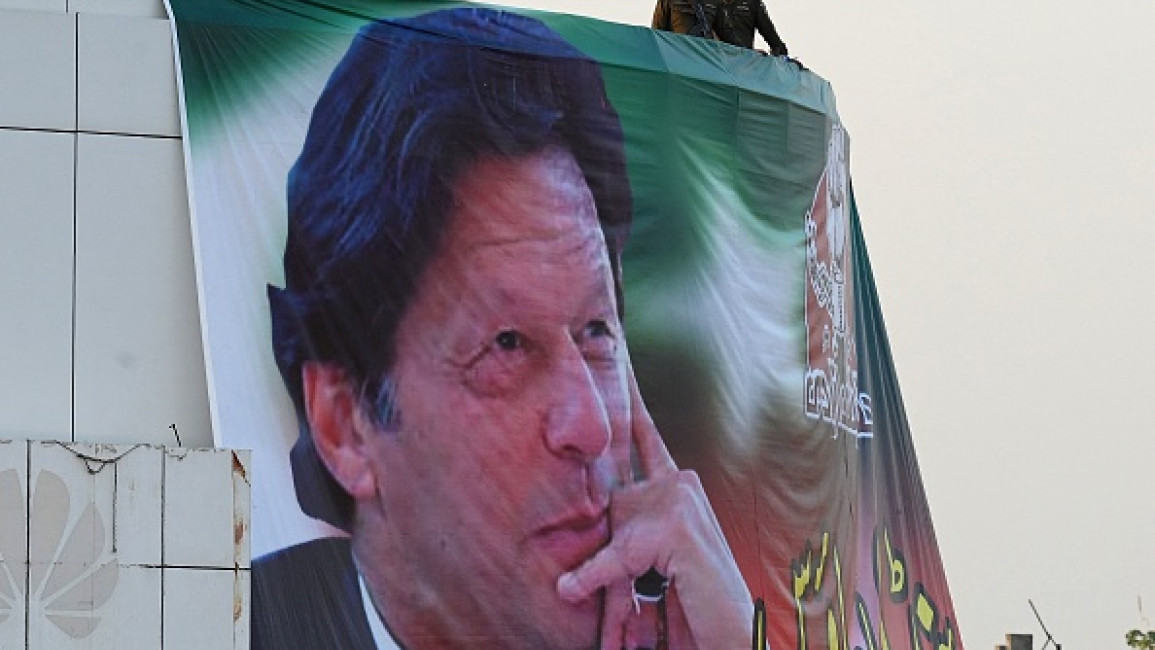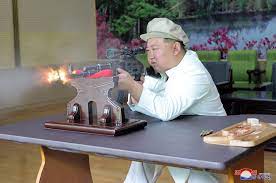NY TIMES
On Friday afternoon, some of the hundreds of thousands of young Roman Catholic pilgrims filing into a park in Lisbon to pray with Pope Francis stopped to embrace their Ukrainian peers standing on a small hill, holding blue-and-yellow flags and wearing black shirts featuring the faces of children killed in Russia’s invasion of their country.
“So many people are showing us support,” said Anastasiia Koval, 17, who wept as young Catholics from Portugal, Spain, Italy, the United States and many other nations hugged her. A priest stopped to wipe away her tears. “The pope — I don’t think so.”
Since declining to name Russia as the aggressor early in the war, Pope Francis has repeatedly expressed solidarity with the Ukrainian people, even calling them “martyred.” But his methods of pursuing peace — including a secret mission that baffled Ukrainian officials, and a reluctance to more fulsomely condemn Russia and President Vladimir V. Putin — have bothered many of the Ukrainian Catholics who came to this week’s major meeting of Catholic youth from around the world.
Before his arrival on Saturday in Fátima, in central Portugal, the Vatican said that Francis would pray there for peace in Ukraine and the world while bringing Russia’s invasion back into view. But after praying silently in front of the town’s shrine and a statue of the Virgin Mary, he made no mention of a prayer for peace or Ukraine, and instead reiterated his central World Youth Day message that there is room for everyone in the church.
The pope said “nothing,” said the Rev. Roman Demush, who leads the youth ministry office for the Ukrainian Greek Catholic Church. “The war should make us scream, and it silences.”
Fátima itself has links to Russia that go back more than a century. The town is best-known in Catholic tradition for three secret, apocalyptic prophesies said to be delivered to three children by an apparition of the Virgin Mary in 1917, when it was a poor village. One of the children went on to become a nun, and said that one prophecy had been that peace would reign on Earth if the pope and the world’s bishops converted Russia, which became Communist in the year of the apparitions, and consecrated the nation to the “Immaculate Heart of Mary.”
The prophecy has drawn renewed attention since Russia’s invasion of Ukraine, and the roughly 500 young Ukrainians who made the trip to World Youth Day in Lisbon this week started their pilgrimage in Fátima. Fifteen of them also met with Francis at the Vatican embassy in Lisbon.
But for those hoping that he might take up their cause at World Youth Day, there was disappointment, just as there was last year when Francis delivered a prayer for peace that consecrated both Russia and Ukraine to Mary, leaving many Ukrainians feeling lumped in with their aggressors.
“He said he was impotent in front of this evil,” Father Demush said after the meeting, adding that the pope had expressed frustration at being unable to stop the violence. Mostly, he said, the pope listened intensely as the young Ukrainian pilgrims spoke about their suffering in the war and the friends and family they had lost.
One of the young people, Valentyna Velychko, 17, from Melitopol, said she had spoken of her life under occupation and the experience of having missiles fall on her town, how three of her friends had been killed, and how her boyfriend had lost limbs after stepping on a land mine.
Dmytro Bohak, 19, said he had told the pope about injuries he suffered while driving ambulances and other vehicles into Ukraine. He also recalled how another girl had brought tears to the pope’s eyes when she told him that she could no longer recognize her own father, who was disfigured physically and spiritually by the war.
But Mr. Bohak said that what was really needed was action by Francis.
“It’s not enough just to listen — he has to do something,” he said. “We want the pope to be clear, in an understandable way, that Russia is a terrorist state.”
On Friday afternoon, the larger Ukrainian group set up on the curve of a central Lisbon thoroughfare leading to the park where the pope solemnly commemorated the Way of the Cross. They sang their anthem between the Christian rock songs that boomed from the loudspeakers, and dispatched the members who spoke English to talk to the young people marching by.
“Russia kills us everyday,” Vira Ivanchuk, 24, told some Spanish girls who had stopped to look at the rows of Ukrainians. “The faces on the shirts are a small percentage of the children they are killing.”
When they left, Ms. Ivanchuk explained why she had felt it necessary to make her case.
“I understand that this is maybe not the place, a festival, where people want to talk about this,” she said. “But we need more weapons. We need F-16s, because we don’t have aerial capabilities. We need more weapons, support, economic sanctions, and please pray for us.”
The park continued to fill with 800,000 young Catholics as the Ukrainians stood mostly immobile. Some traded traditional Ukrainian dolls with Americans who gave out red, white and blue rubber bracelets.
Olena Syniuhu, 19, from Lviv, who handed out the dolls, said she had been nervous that some of the young people — especially Americans, who she said had “given such a huge support to us” — would be exasperated with them. Instead, she said, she found herself next to a group of teenagers from Miami on Thursday night who made it abundantly clear “they were with us. I could see it in their eyes, it was like free therapy.”
Ms. Syniuhu said she hadn’t seen any Russians there, “and I don’t want to see any.”
Other pilgrims stopped to embrace the Ukrainians.
“It seemed like the right thing to do,” said Anna Susanetto, 18, from Italy, who hugged the girls.
“I wanted to tell them that I’m with them and against Russia,” said Kristina Kosarkova, 16, from the Czech Republic. “I want the pope to unite the world for Ukraine, and against Russia.”
Josephine José Alimene, 27, from Mozambique, wept when she saw the rows of Ukrainians. Some of the Ukrainian girls came over to hug her.
Ms. Alimene and her friend Thelma Mangue, 44, who both dabbed their eyes with their flowing skirts, accepted the consolation. “We know what it is to be in war,” Ms. Mangue said.
The event was about to begin, and Francis arrived in his popemobile, circling Marquis of Pombal Square, on the perimeter of which stood the Ukrainians. As pilgrims rushed forward to get a better look, the Ukrainians stood still.
Ms. Koval expressed hope that Francis would use his Fátima visit to pray for them.
“I don’t want him to say that Ukraine must forgive Russia, because a lot of our people are dying and we will never forgive them,” she said through tears. “And I hate Russia for that.”



Connect with us on our socials: